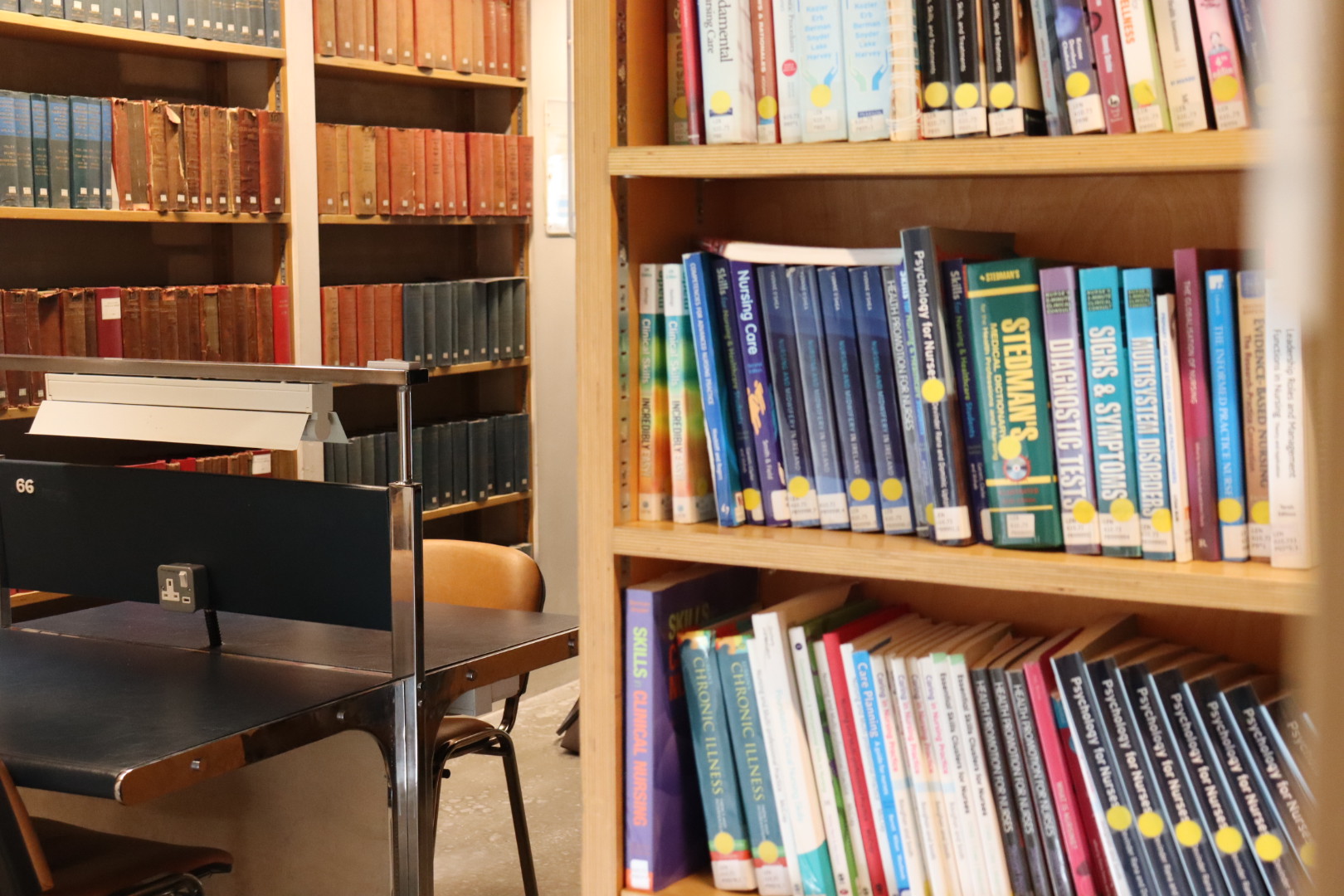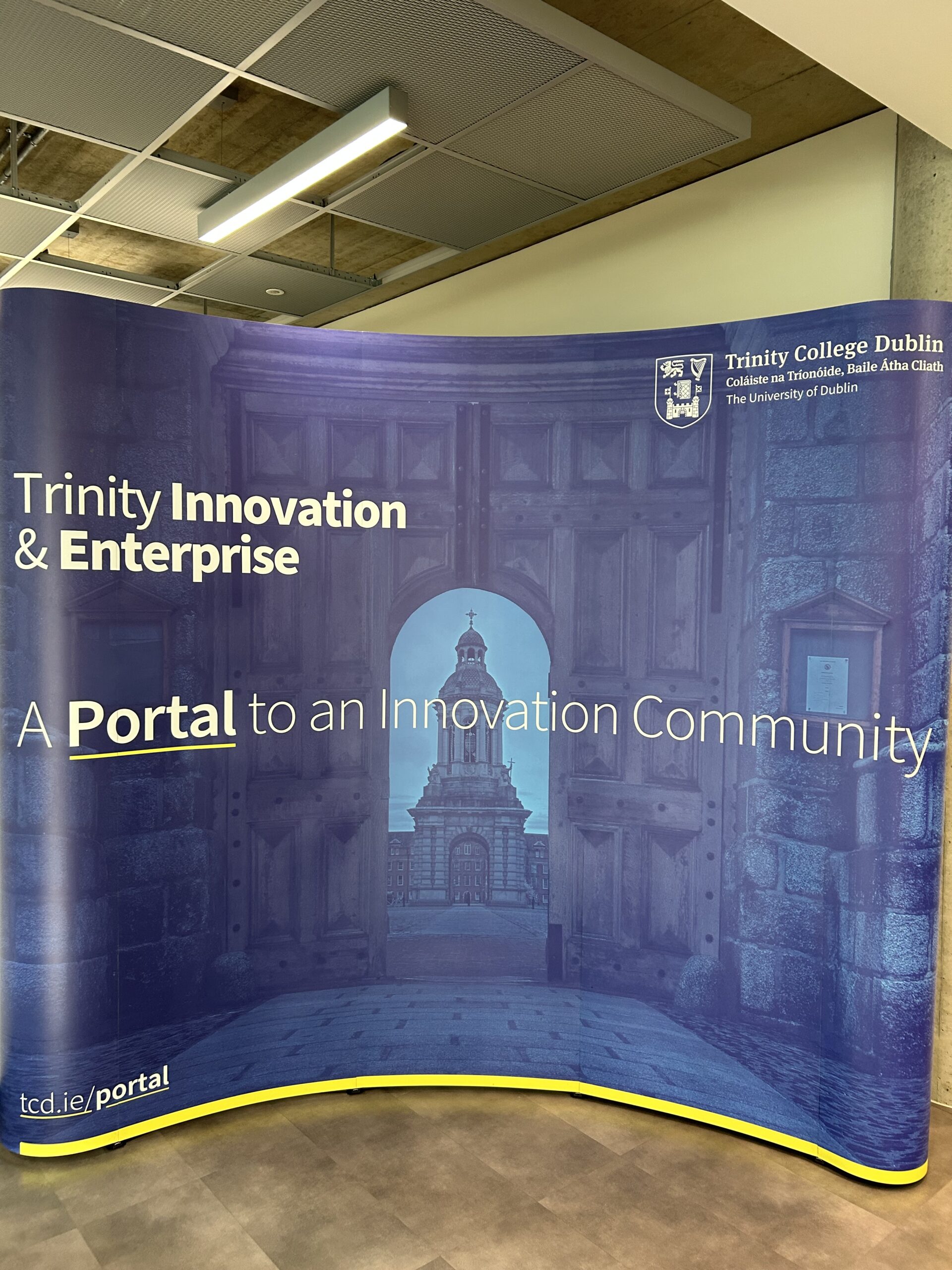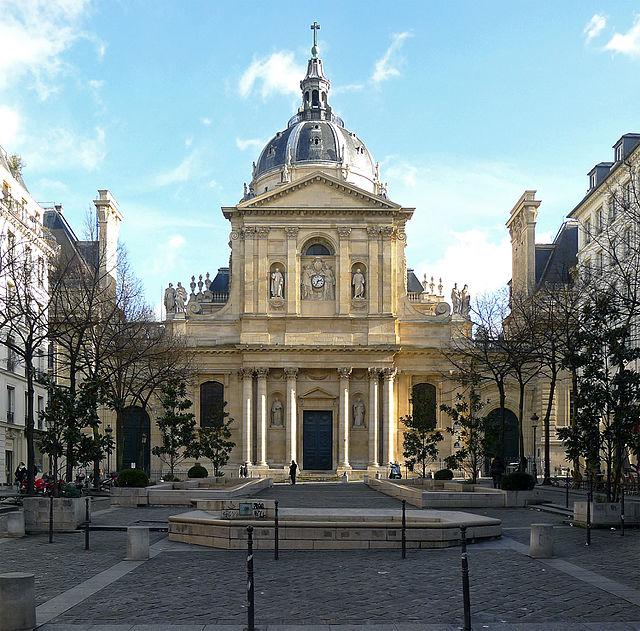August 2013: 49,837 students around Ireland are sent CAO offers for entry to university. These offers will determine the course of the next four years of their lives. I am one of these. Ibrahim Halawa is another.
The next four years of our lives could not be more different. I will spend them struggling with washing my own socks, discovering the life-changing power of a mid-afternoon nap, reading (most of) Middlemarch and cursing whoever the hell invented the Modern Language Association of America referencing style. Halawa, meanwhile, will spend four long years in an Egyptian prison cell in appalling conditions described as “overcrowded and unsanitary”. Thousands of miles from home, he will await trial while accused of crimes for which there is no evidence against him. Waiting day after day, all the while at the mercy of Egypt’s notoriously corrupt justice system.
In 2013, Egypt’s democratically elected leader was ousted and placed in detention, replaced by a military government led by Gen Abdel Fattah el-Sisi. Among those who took part in a peaceful protest at Sisi’s blatant anti-democratic actions were Halawa and his sisters. They had witnessed injustice and wanted to resist it peacefully. Unlike Sisi and his accomplices, the Halawa’s wanted to use legitimate and peaceful means to affect change in Egypt. They were adding their voices to the general clamour of outrage not only in Egypt but around the world. Making a difference by defending democracy.
I wonder how the estimated 5,000 students who took part in the recent March for Education would have felt if they had been violently apprehended by the Gardaí. If instead of RTÉ microphones, it was guns pointed in their faces, or if the many students who took part in the march to repeal the eighth amendment had been forced into a hostile hostage situation, how would they have felt? My student life and experience has been marked by huge shifts in the Irish cultural and political landscape, in particular with the marriage referendum and now the moves to repeal the eighth amendment. These projects and the protests they inspired have been some of the defining events of the past four years, four years that Ibrahim Halawa has spent in a cell for daring to do what thousands of students take for granted. Students, many of whom are at the forefront of the non-violent fights against injustices in society, are uniquely placed to empathise with one of their contemporaries who has been heavily punished for caring about the world he lives in.
I wonder how the estimated 5,000 students who took part in the recent March for Education would have felt if they had been violently apprehended by the Gardaí
Four years is a lifetime. It is the difference between having no clue where the law school is, and definitively knowing which is the best floor in the Ussher library (the fourth, obviously…). It is the difference between being able to breeze into a 10am lecture after a night spent compromising your dignity in Coppers, and still dying in bed at 3pm with a killer hangover after having a few glasses of red wine with your housemates while watching Great British Bake Off. For Halawa, it was waiting and hoping and fearing and yet more waiting before, finally, he was freed last month.
We need to ask ourselves why, when tens of thousands could turn out to protest the eighth amendment, we didn’t drum up anything like the same numbers to demonstrate against a fellow citizen’s unjust detention.
The question this leaves is: why? Why was an innocent Irish teenager left to languish for so long while the Irish government engaged in a complicated dance of diplomacy with Egyptian authorities? The government alleges that it did all that it could on Halawa’s behalf. That it worked tirelessly to affect a diplomatic solution by walking the tightrope between open condemnation and delicate diplomatic action. And yet.
Ireland is one of the top exporters to Egypt. The EU is divided in its position with regards to Egypt. The government is busy with Brexit, with downplaying its responsibility with regards to the deaths of homeless people in our towns and cities, with making unfunny jokes about Gerry Adams and the price of a bottle of wine.
Clearly we have not had the last word on Halawa. We need to ask ourselves why, when tens of thousands could turn out to protest the eighth amendment, we didn’t drum up anything like the same numbers to demonstrate against a fellow citizen’s unjust detention. The government needs to ask and be asked about how and why it handled the situation as it did. Halawa should have celebrated his graduation in autumn 2017. Instead, he will be holding a press conference to describe the ordeal of the past four years. As students, we owe it to him to listen, and to learn.







